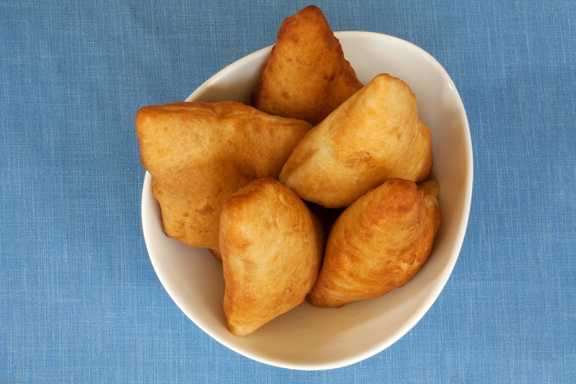Sunday Word: Mellifluous
Jan. 4th, 2026 04:17 pmmellifluous [muh-lif-loo-uhs]
adjective:
1 sweetly or smoothly flowing; sweet-sounding
2 flowing with honey; sweetened with or as if with honey
Examples:
The mellifluous tenor that narrated Dodgers games for generations of Spanish-language listeners hasn't weakened. (Gustavo Arellano, A Dodgers broadcasting legend reflects on life, superstar-laden team, Los Angeles Times, March 2025)
What could've been a quick journey turns into a 10-year expedition filled with mythical creatures and near-death experiences involving a Cyclops, the mellifluous Sirens, and the witch-goddess Circe. (Allison DeGrushe, Everything we know about Christopher Nolan's The Odyssey: Release date, trailer, and more, Entertainment Weekly, December 2025)
Like prying open a crypt, even the narrowest crack of the lid released a sharp, mellifluous tang, potent enough to make your eyes water. (Jennifer Hope Choi, No Vacation Is Complete Without a Cooler Full of Gimbap, Chicago Reader, August 2020)
But above all, and to give a bacchanalian grace to this truly masculine repast, the captain produced his mellifluous keg of home-brewed nectar, which had been so potent over the senses of the veteran of Hudson's Bay. (Washington Irving, The Adventures of Captain Bonneville)
At the same moment the door of the room below opened, and the captain's mellifluous bass notes floated upstairs, charged with the customary stimulant to his wife's faculties. (Wilkie Collins, No Name)
(click to enlarge)
Origin:
early 15c, 'sweet as honey, pleasing, sweetly or smoothly flowing' (of an odor, a style of speaking or writing, etc), from Late Latin mellifluus 'flowing with (or as if with) honey,' from Latin mel (genitive mellis) 'honey' (related to Greek meli 'honey;' from PIE root melit- 'honey') + -fluus 'flowing,' from fluere 'to flow' (Online Etymology Dictionary)
Mellifluous comes from two Latin roots: the noun mel, meaning 'honey', and the verb fluere, meaning 'to flow'. These linguistic components flowed smoothly together into the Late Latin word mellifluus, then continued on into the Middle English word mellyfluous, before crystallizing into the adjective we employ today. As it has for centuries, mellifluous typically and figuratively describes sound, and is often at the tip of the tongues of writers who proclaim that a voice or melody is smooth like molasses (molasses, like mellifluous, is a descendant of the Latin mel). But mellifluous can also be used to describe edibles and potables, such as wine, with a pronounced note of sweetness. (Merriam-Webster)



